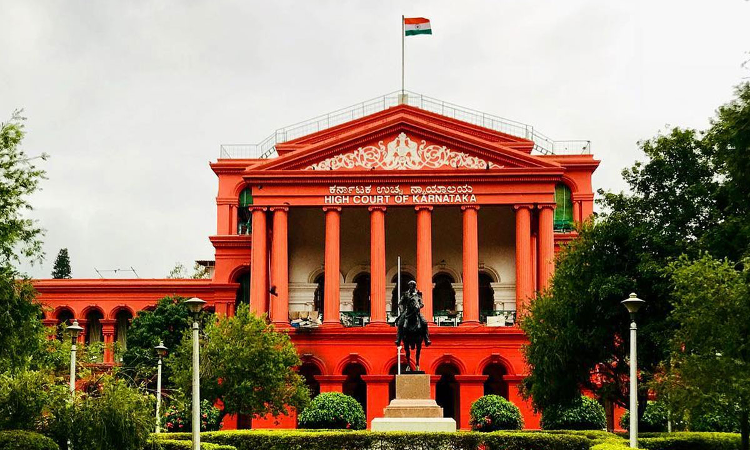The Karnataka High Court has held that where the offences punishable under the provisions of two special enactments viz, the Scheduled Castes and Tribes (Prevention of Atrocities) Act and POCSO Act are invoked, the POCSO Act, being a later enactment, should prevail over the Atrocities Act.Justice S Vishwajith Shetty clarified that a petition under Section 439 of the CrPC before the High Court...

